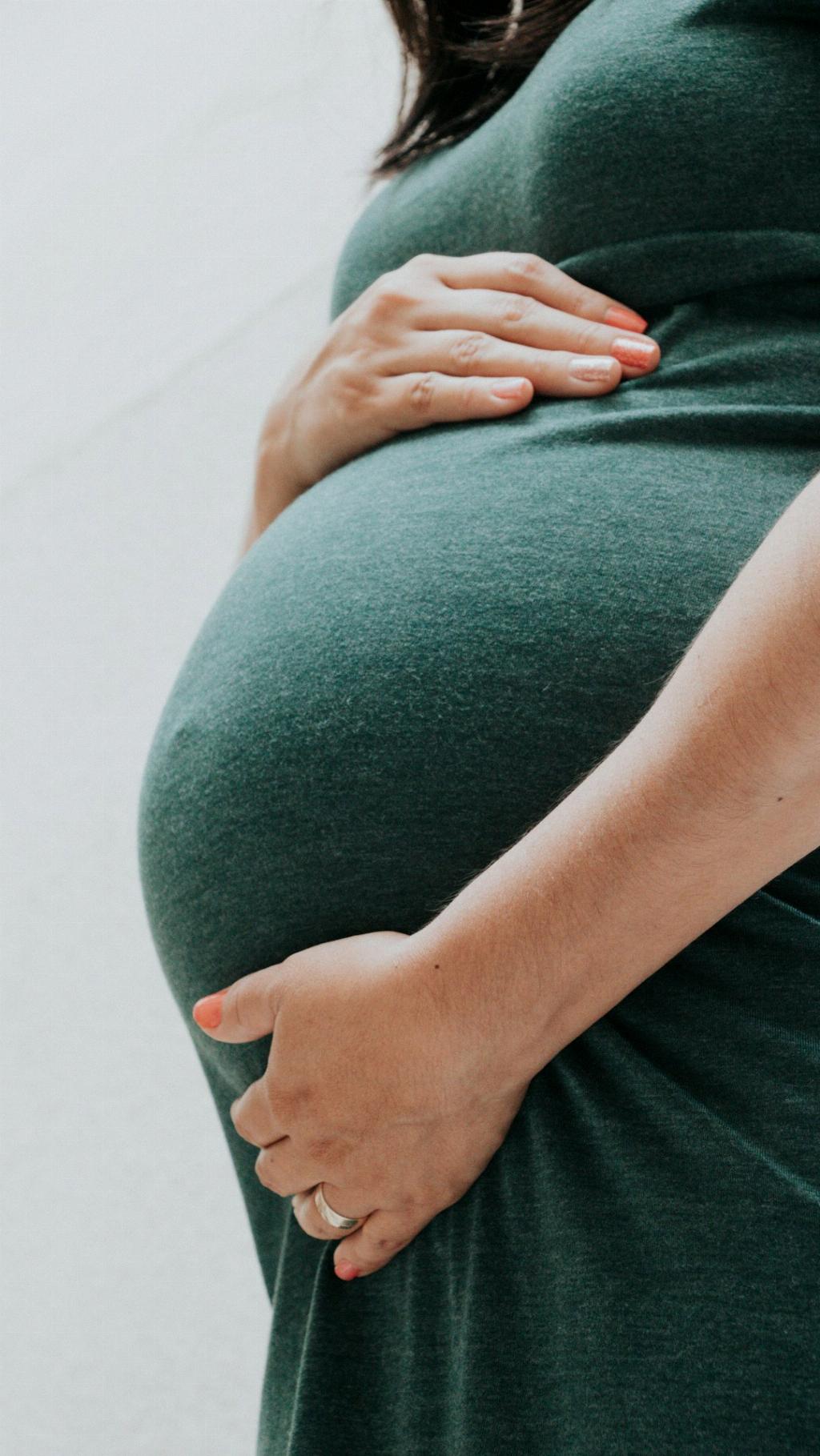When it comes to wearing heels during pregnancy, many women wonder if it’s safe or if it could potentially harm their bodies or their growing baby. Let’s delve into this topic to provide some clarity and guidance for expecting mothers.
It’s important to note that there is no definitive answer to whether wearing heels during pregnancy is entirely safe or unsafe. Every woman’s body is different, and how wearing heels impacts each individual can vary.
One key consideration to keep in mind is that elevating your heels does not inherently pose a risk to your joints or ligaments. However, the issue lies more in the compromised balance that high heels can create, especially as your pregnancy progresses.
During pregnancy, your body undergoes significant changes, including a shift in your center of gravity. This change makes it more challenging to maintain balance, increasing the risk of falls or accidents, particularly in the third trimester.
Wearing heels can exacerbate this balance issue, as they alter your posture and place additional strain on certain muscles and joints. As a result, the risk of tripping or losing your balance while wearing heels may be higher during pregnancy.
Additionally, the ligaments in your body tend to loosen during pregnancy due to hormonal changes, further impacting stability and increasing the risk of injury. Wearing heels could potentially strain these already weakened ligaments, leading to discomfort or potential injuries.
Furthermore, high heels can put added pressure on your feet, which may already be experiencing swelling or discomfort during pregnancy. This extra pressure can exacerbate issues such as edema or plantar fasciitis, making wearing heels less than ideal for many pregnant women.
It’s essential for expecting mothers to prioritize their comfort and safety during pregnancy. While wearing heels occasionally for short periods may not pose a significant risk, it’s generally advisable to opt for more supportive and stable footwear choices during this time.
Flat shoes or low-heeled options that provide better arch support and stability can help reduce the risk of falls and alleviate discomfort associated with pregnancy-related changes in the body.
If you do choose to wear heels during pregnancy, it’s important to exercise caution and be mindful of your body’s signals. Listen to your comfort levels, and if you experience any pain or instability while wearing heels, it’s best to switch to more supportive footwear.
Ultimately, the decision to wear heels during pregnancy is a personal one, and what works for one woman may not work for another. It’s crucial to prioritize your comfort, safety, and well-being throughout your pregnancy journey.
Consulting with your healthcare provider or a pregnancy expert can provide tailored advice based on your individual circumstances and help you make informed decisions about footwear choices during this special time in your life.

